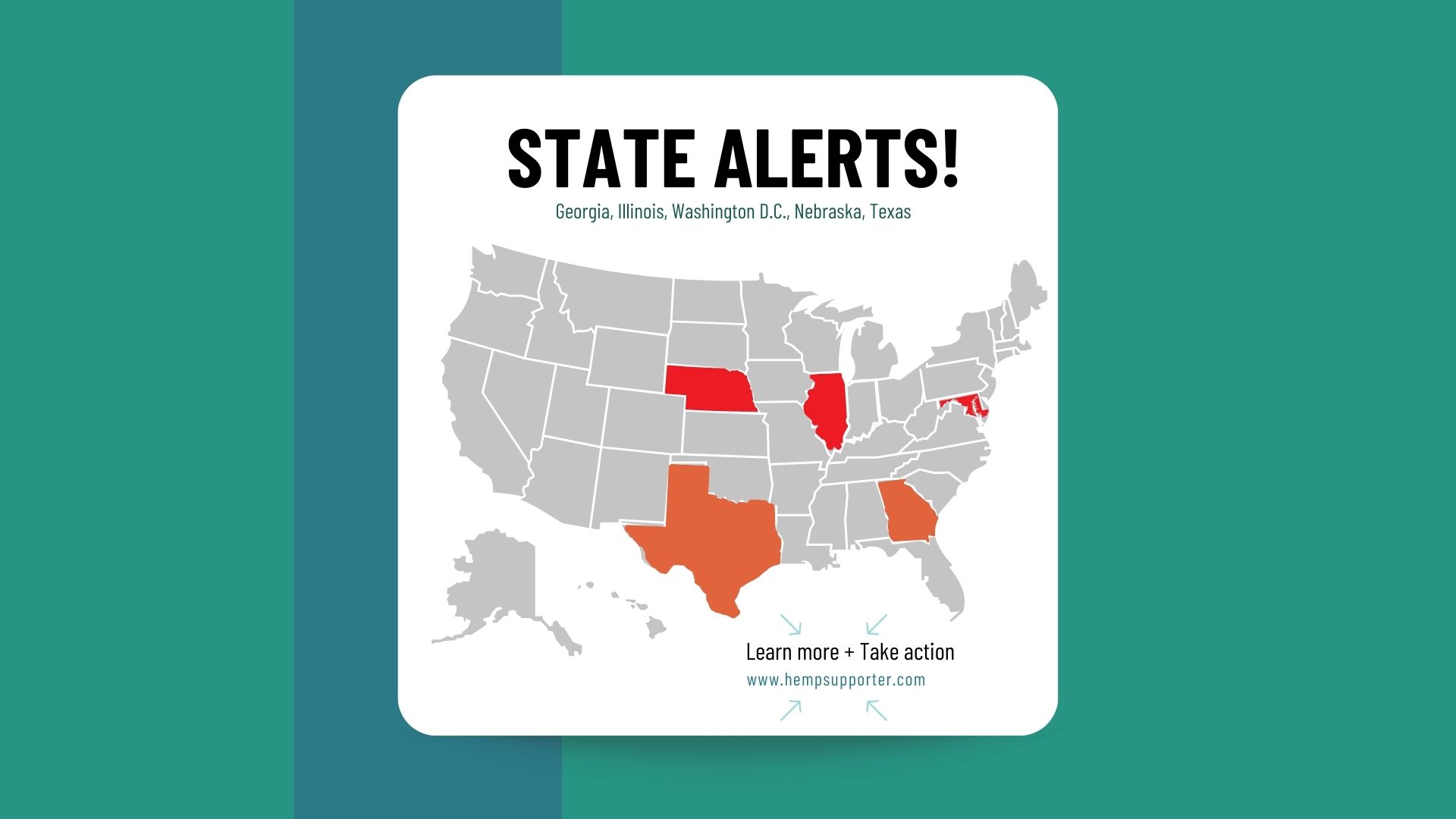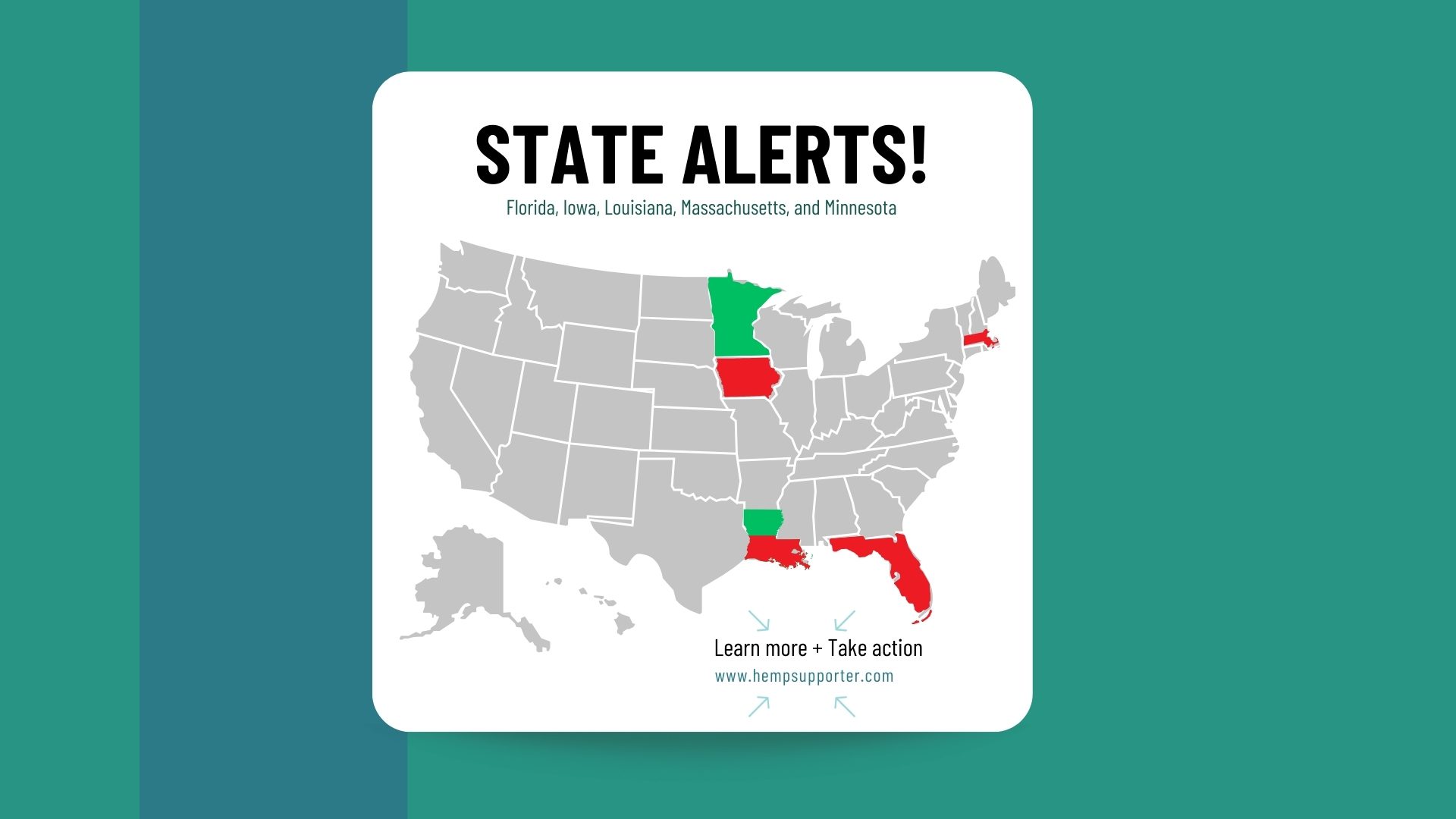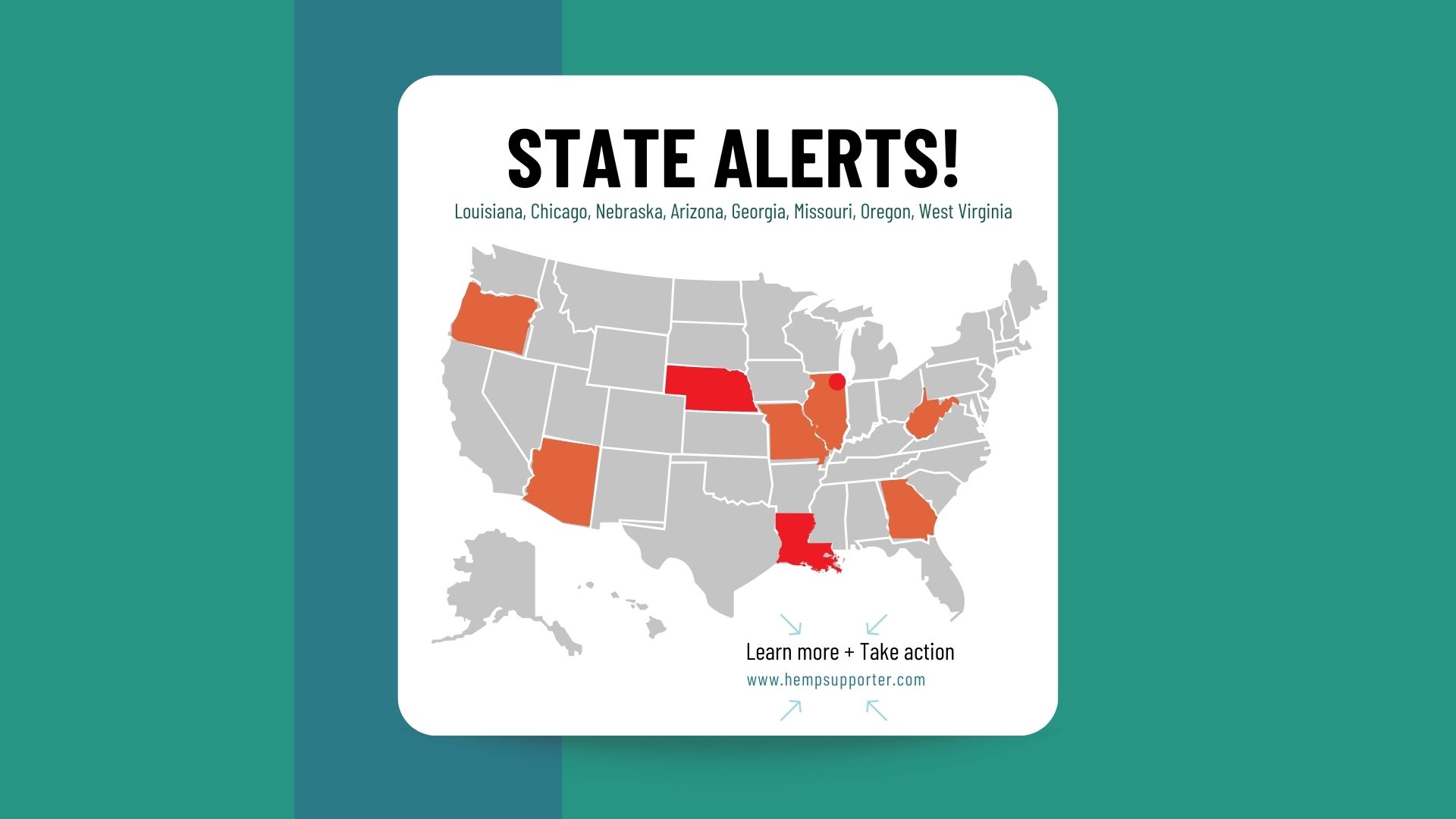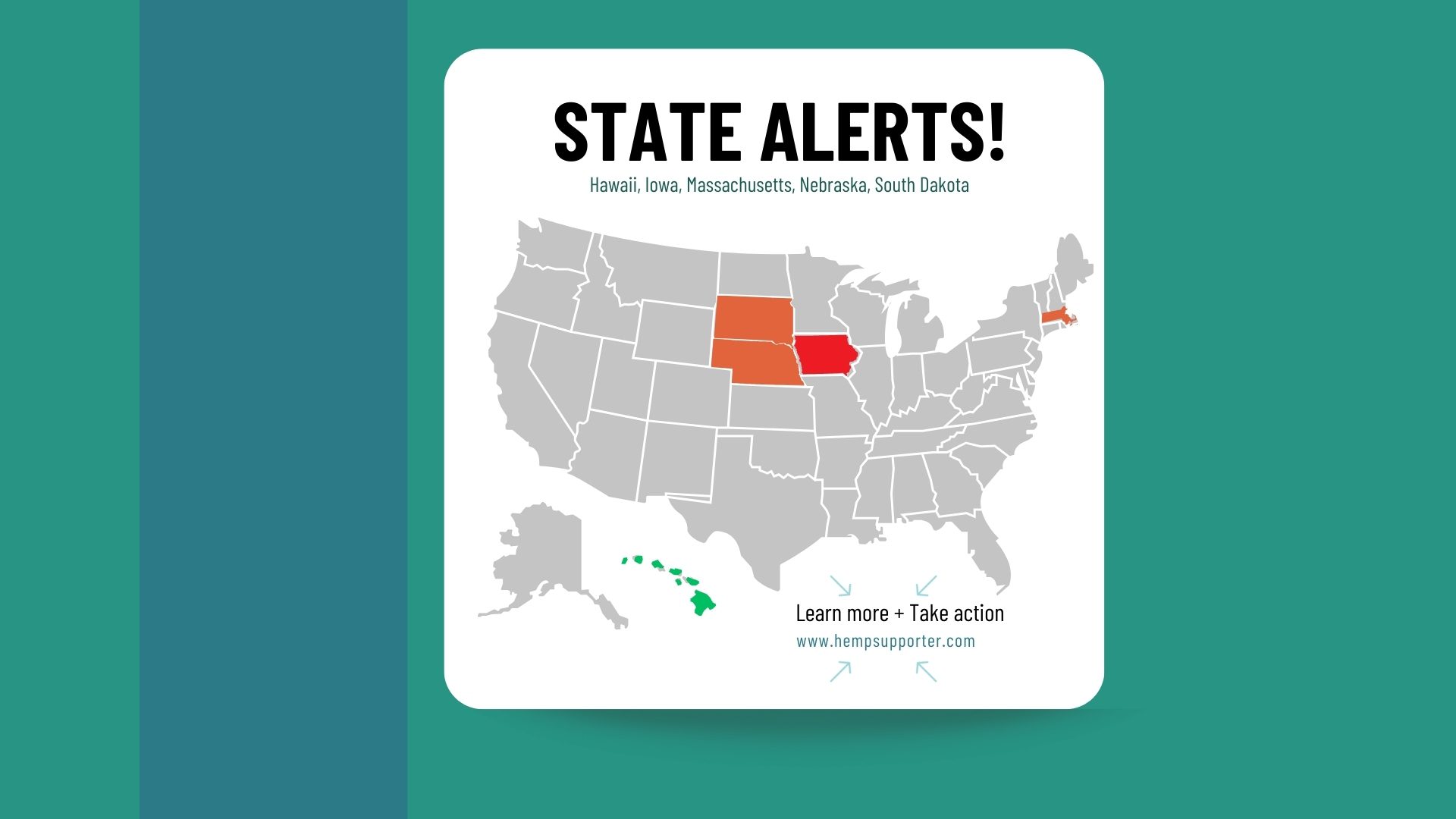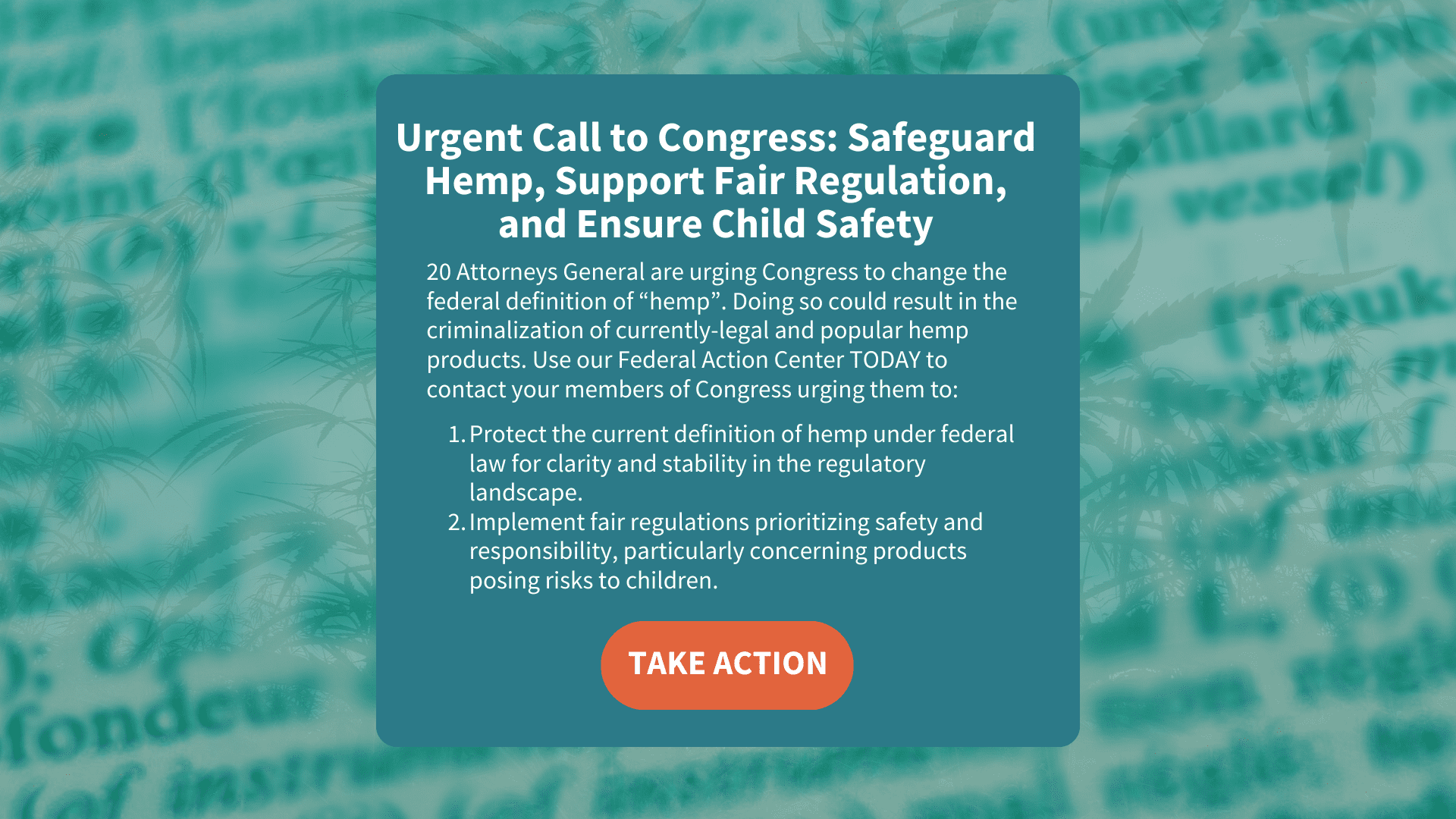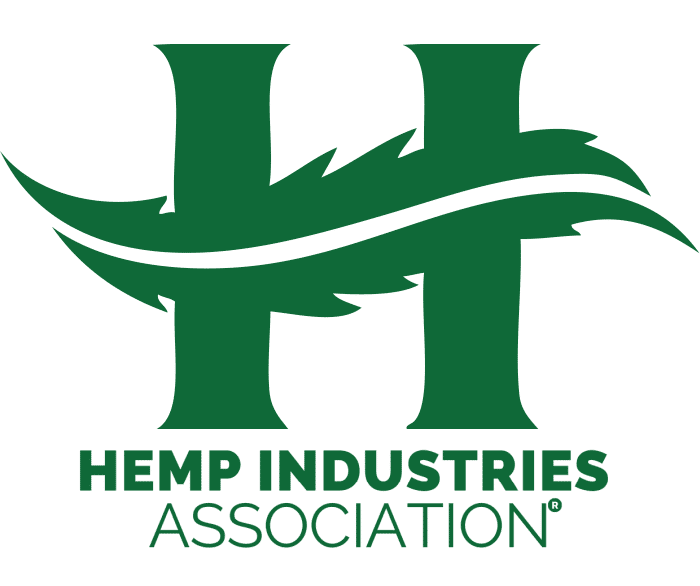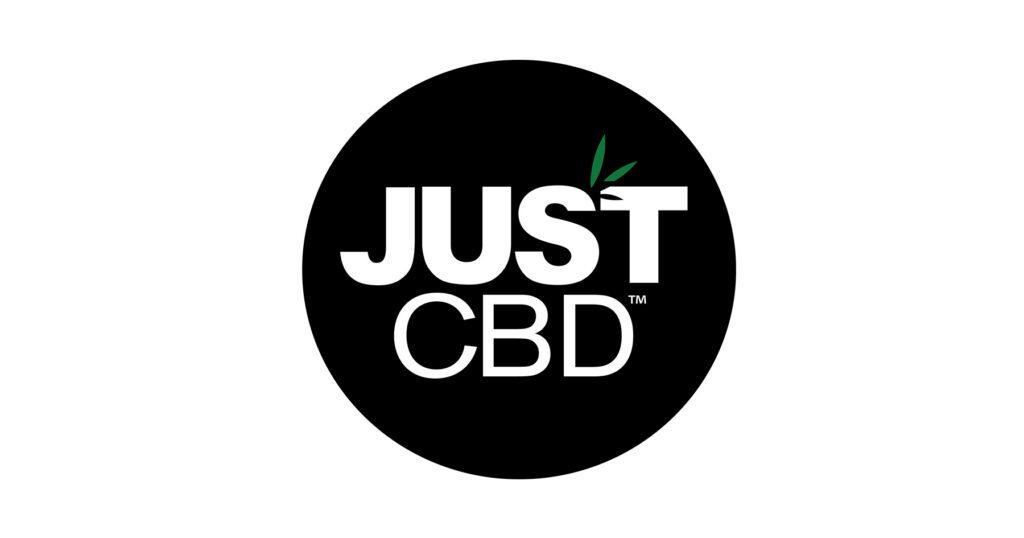Leading the Way Forward for Hemp and CBD Products
Help Us Take Action
Our elected officials listen when we speak up and we need your voice! Please use our Federal Action Center to contact your members of Congress urging them to support these critical hemp and CBD bills today.
Federal Agenda
See What’s Happening in Your State
We’re Making an Impact in a Thriving Industry
66,000 +
Hemp Supporters have taken action on U.S. Hemp Roundtable state and federal advocacy campaigns
$11 Billion
in CBD sales by 2027 should federal regulation be implemented
54,152
acres of hemp grown in the U.S. during 2021
Featured News
Check out the latest news on hemp and CBD from Capitol Hill and across the country. Sign up for our mailing list to receive the most recent updates directly in your inbox!
Hemp Roundtable Hits the Hill:
Industry leaders lobby Congress to defend the industry from the War on Hemp On Wednesday, April 17th, members of the US Hemp Roundtable descended upon Capitol Hill to advocate for …
U.S. Hemp Authority Announces Adult Use Hemp Product Certification
Under the leadership of new president, Chris Fontes, U.S. Hemp Authority will certify delta-8,delta-9 like products FOR IMMEDIATE RELEASEApril 10th, 2024 WASHINGTON D.C. — Hemp products with the potential to …
Updates in Georgia, Illinois, Washington D.C., Nebraska & Texas
Check out the latest legislative updates across the states and take action today! Georgia Georgia SB 494 is on the Governor’s desk (see previous alert), and while it’s not perfect, it’s far …
House Oversight Committee Meeting with FDA Commissioner Califf Recap
During a 4+ hour hearing yesterday, FDA Commissioner Robert Califf appeared before the House Oversight Committee to address a variety of topics. While the majority of the session focused on matters unrelated to our …
Updates in Five States – Florida, Iowa, Louisiana, Massachusetts & Minnesota
Check out the latest legislative updates across the states and take action today! Florida Florida SB 1698 would ban delta-8 THC and similar products and set total THC limits of 5mg/serving and …
The War on Hemp in 3 More States: Louisiana, Illinois, and Nebraska
Check out the latest legislative updates across the states and take action today! Louisiana SB 237 would be a giant step backwards in Louisiana. The bill limits consumable hemp products to 0.0% …
New Bills in HI, IA, MA, NE & Update in SD
Check out the latest legislative updates across the states and take action today! Iowa In Iowa, SF 2417 would impose a 25% tax on consumable hemp products sold by bars and restaurants. …
Urgent Call to Congress: Safeguard Hemp, Support Fair Regulation, and Ensure Child Safety
This week, 20 state Attorneys General petitioned congressional leaders, urging a change to the federal definition of “hemp” – one that could potentially ban most popular hemp extract products and …
Updates in Ten States: TN, IA, KY, GA, MA, MN, MS, MO, WV, WY
Check out the latest legislative updates across the states and take action today! Tennessee Tennessee SB 2427 is a new bill that would allow licensed liquor retailers to sell hemp-based products. We …
🚨URGENT🚨 – Hemp-Killing Bill SB 1698 has Passed in Florida. Act Now to Urge Governor’s Veto!
We’re reached a critical moment for the hemp industry in Florida. Senate Bill 1698 has been passed by the legislature, although the vote tally was tight, reflecting significant opposition due …
New Cannabis Study Shows Cannabidiol Products Safe for Dogs
In a groundbreaking advancement for pet wellness, U.S. Hemp Roundtable Advocacy Partner, the National Animal Supplement Council (NASC), has announced the publication of a pioneering safety study exploring the use …
Harnessing Hemp: A Sustainable Solution to Plastic Pollution
The U.S. Hemp Roundtable is thrilled to announce a significant step forward in the recognition of hemp as a sustainable alternative to plastic. This year, the Commerce-Justice-Science funding bill includes …
Get To Know US
The U.S. Hemp Roundtable is the nation’s leading hemp business advocacy organization. Our membership boasts dozens of leading companies committed to safe hemp and CBD products, while our advocacy partnerships represent the industry’s major national grassroots organizations. Together, we are leading the way forward for the hemp and CBD industries through education and action.

Cronos Group
Cronos Group is an innovative global cannabinoid company committed to building disruptive intellectual property by advancing cannabis research, technology and product development. With a passion to responsibly elevate the consumer experience, Cronos Group is building an iconic brand portfolio. Cronos Group’s diverse international brand portfolio includes Spinach®, PEACE NATURALS®, Lord Jones®, Happy Dance® and PEACE+™.
Cronos Group is an innovative global cannabinoid company committed to building disruptive intellectual property by advancing cannabis research, technology and product development. With a passion to responsibly elevate the consumer experience, Cronos Group is building an iconic brand portfolio. Cronos Group’s diverse international brand portfolio includes Spinach®, PEACE NATURALS®, Lord Jones®, Happy Dance® and PEACE+™.


